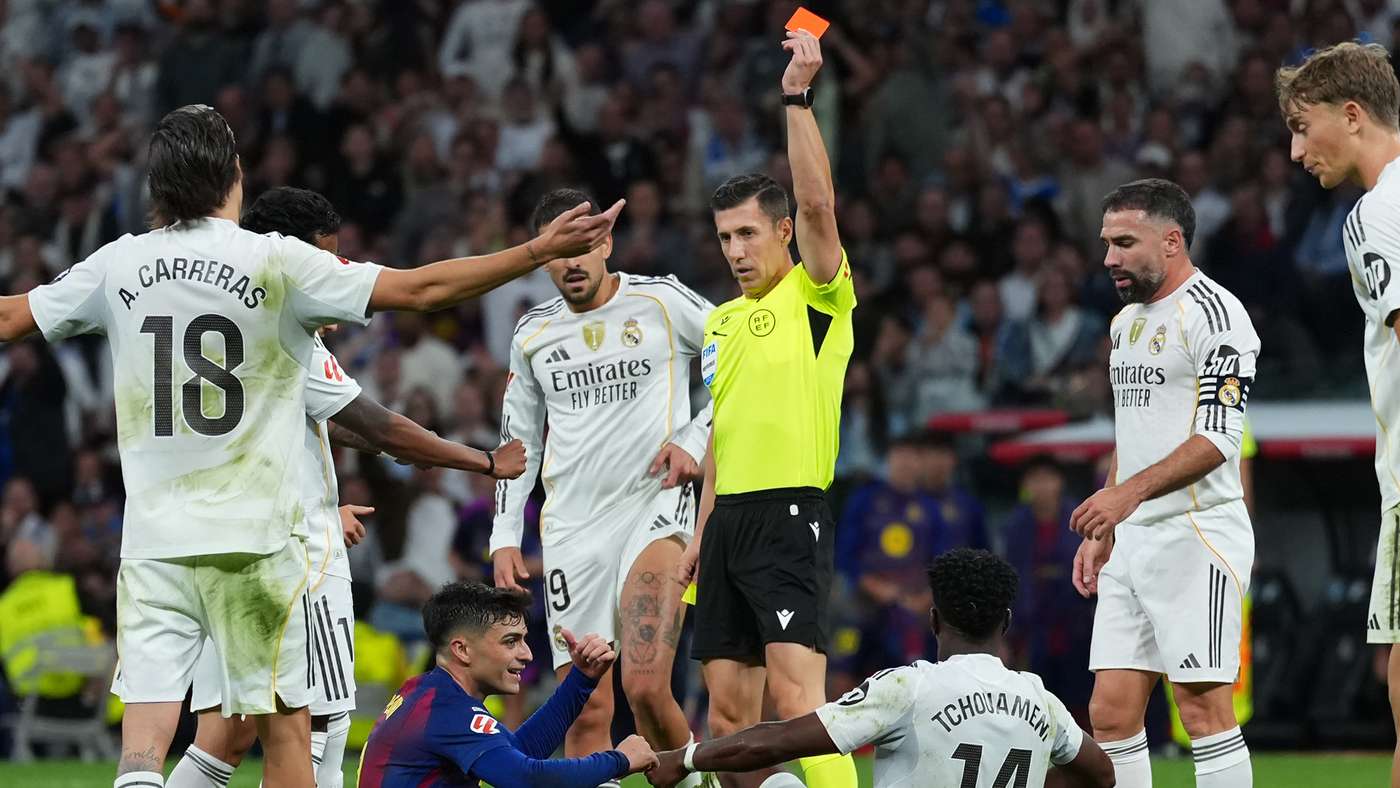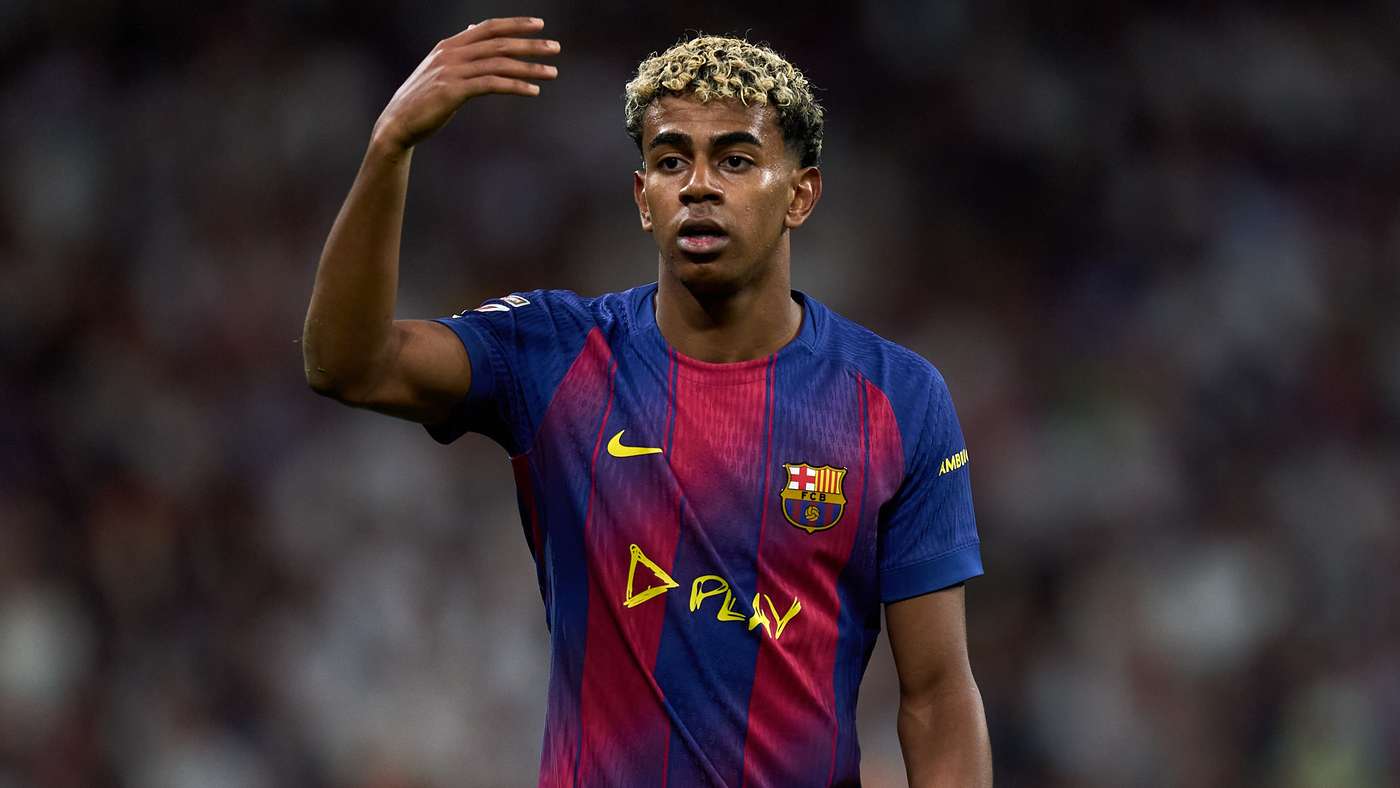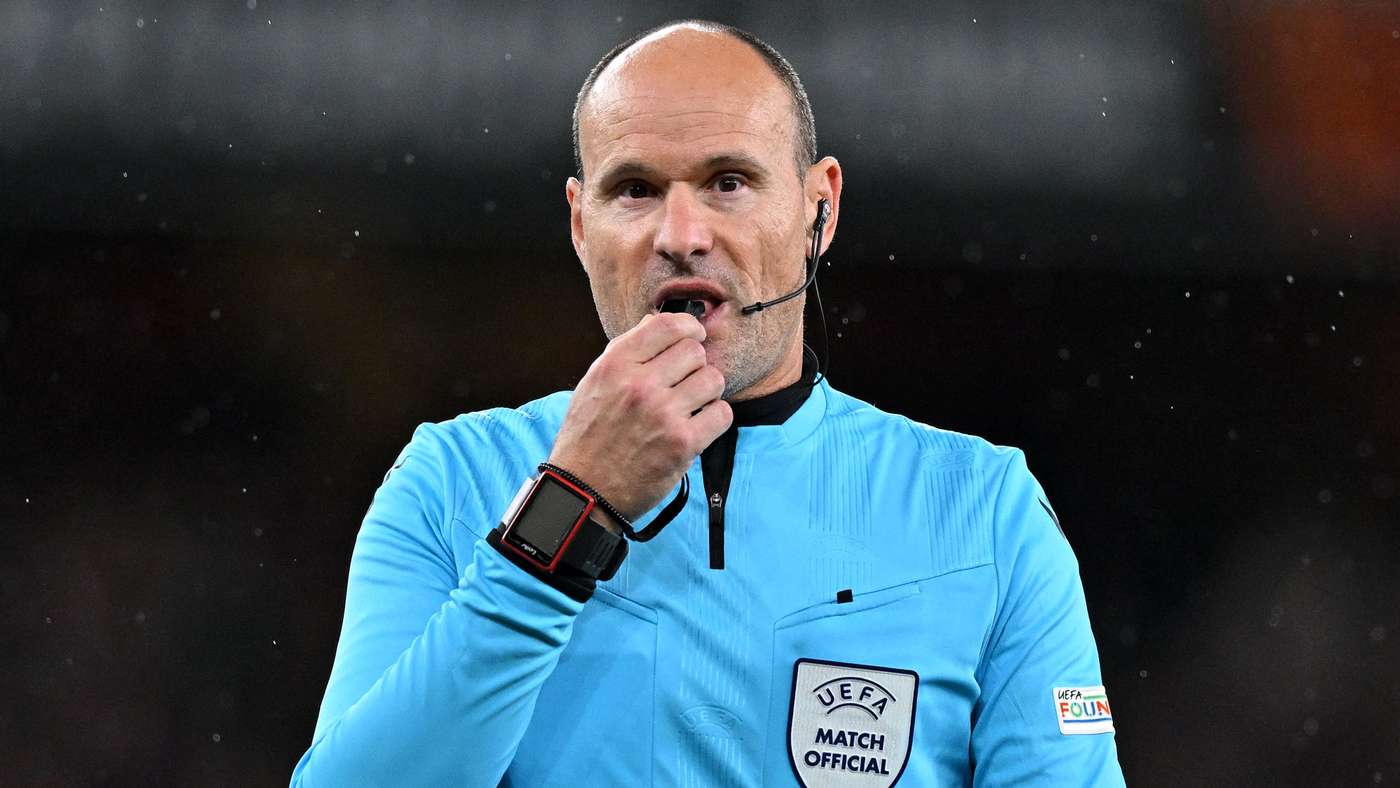Review Time: Clasico Referee Calls Under the Microscope
28 October 2025

Review Time: Clasico Referee Calls Under the Microscope
Spain’s weekly refereeing program, Time for Review, confirmed that VAR correctly corrected two clear errors by the match official Soto Grado in the Clasico at the Santiago Bernabéu. The two moments in question were pivotal and the VAR interventions were deemed justified to correct noticeable misjudgments.
In the first incident, early in the game, Lamine Yamal and Vinícius Júnior were involved. The committee explained that Yamal advanced on the attacker and won the ball, but Vinícius touched his own foot during the shot attempt. The play unfolded quickly, leading the on-field official to award Real Madrid a penalty, a decision the committee now says was incorrect and that the VAR intervention was warranted due to a clear error in judgment.
The second incident occurred early in the second half after a challenge between Jude Bellingham and Eric Garcia. The defender did not have a legitimate chance to play the ball and made a clearly deliberate arm movement to block it. The referee did not spot this and awarded a corner; the committee notes the action was deliberate and atypical, and the original decision was wrong, with VAR correcting the mistake.
From the VAR room, Javier Iglesias Villanueva supported Soto Grado as part of the regular La Liga officiating team. The referees committee praised Villanueva’s intervention as decisive and correct in rectifying Grado’s calls, effectively closing the debate on the Clasico’s most controversial moments.
Beyond the on-pitch decisions, Barcelona now faces a delicate period. There is no room for panic within the club, with full faith placed in coach Hans Flick and his project as they aim to regain balance and push for victories.
Despite a subdued recent spell, there are several indicators that Barca can stay optimistic. The Sport daily notes that club sentiments hover between concern and belief in the project, particularly given last season’s early success under Flick, which raised expectations. The paper argues that Flick deserves credit for developing a group of young players and giving them opportunities to prove themselves, though opponents have begun studying his system, which has sometimes exposed the high defensive line as a vulnerability rather than a weapon.
Defensive fragility and injuries add to Barca’s challenges. Flick’s brave attacking approach carries some risk, though it previously yielded more rewards than losses. He has been working to address these flaws without abandoning his principles, but the system has not yet regained full effectiveness. The squad has also been hit by injuries, with several key players missing the Clasico, limiting tactical options. The lack of depth on the bench at the Bernabéu underscored the need for a swift return to full squad fitness.
Raphinha’s absence leaves a noticeable attacking spark, joined by other injuries that have drained Barca’s offensive options. The team remains hopeful that the available players can deliver football that aligns with their identity while they await a reinvigorated squad.
Lamine Yamal’s form remains a concern, as a groin issue restricted his bursts and creativity. Flick emphasizes patience with the young forward, even if it means he misses a month of action, so he can be fully ready when competition resumes in the new year.
Punchlines: 1) If VAR ever becomes a romance novelist, it would only write sequels because it loves a good re-check. 2) In football, the only thing more dramatic than a Clasico replay is my streaming playlist—both keep hitting repeat, and neither has an end in sight.



